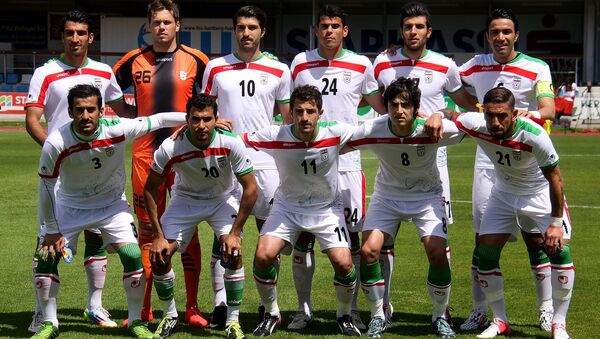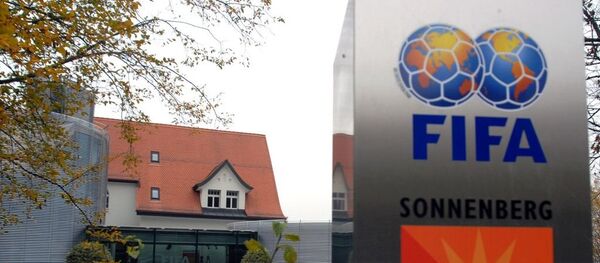What cannot be denied, however, is the Middle East's passion for the sport. Football's popularity in the region exceeds that of previous World Cup hosts such as South Africa and the United States. Fan support rivals both Europe and South America, often combining the latter's enthusiasm with the former's teams. But that is not to say that local support is lacking: Iran's Azadi stadium attracting 128,000 fans for a 1998 World Cup qualifier against Australia is quite the norm.
Women have been banned from stadiums since the revolution in 1979 in Iran. There was only one woman present in that qualifier against Australia: an Italian journalist, who had gained permission after intense negotiations. But things were slowly about to change. During the celebrations thousands of Iranian women took to the streets, chanting, "Aren't we part of this nation? We want to celebrate too. We aren't ants!" The cracks on the wall of gender segregation were starting to appear.
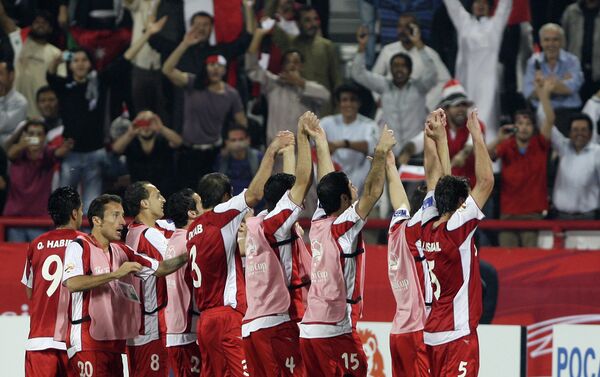
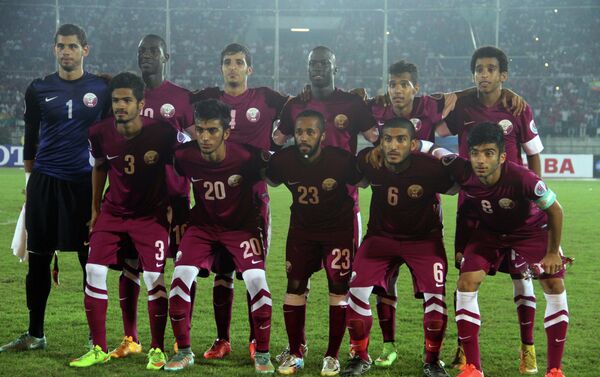
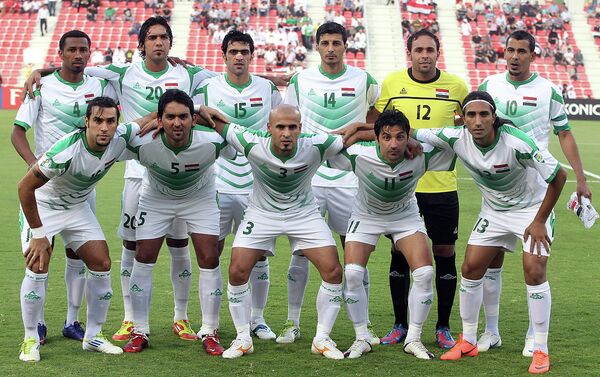
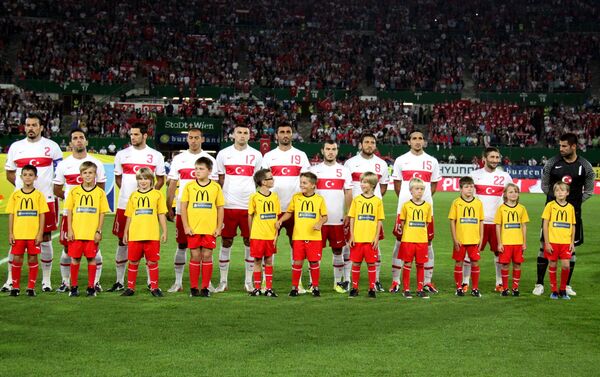
But women attending football matches is not the only thing the Islamic Republic takes issue with. Ex-Bayern Munich player Ali Karimi was fired for breaking his fast during the holy month of Ramadan, when Muslims are not allowed to eat or drink until sunset. He was reinstated by the Tehran-based club after agreeing to pay a fine. With the globalization of football and the large of influx of players from across the world, we have become accustomed to the practice in Europe, too.
During the last World Cup in Brazil, most of Algeria's players chose to fast in a Round of 16 match against Germany, to the delight of Muslims across the world. But outside the realms of Sharia states, exceptions are common. In Germany, a fatwa was issued that allowed Muslim footballers not to fast during Ramadan, while the UAE exempted its football team from fasting in order to perform better in the London Olympics.
That much-discussed World Cup is eight years away and it is anybody's guess as to what the region will look like by then. Iran's current president Hassan Rouhani is reportedly looking into allowing women into stadiums, while Qatar has assured fans that consuming alcohol would be permitted during the tournament. Qatar has no intention of becoming an Islamic state, its aim is to become a tourist hub that can rival its Gulf neighbors Dubai and Abu Dhabi. Despite all the question marks surrounding the event, the Muslim world breathes football and deserves a World Cup. And it may prove to be a defining moment in the region's history.
